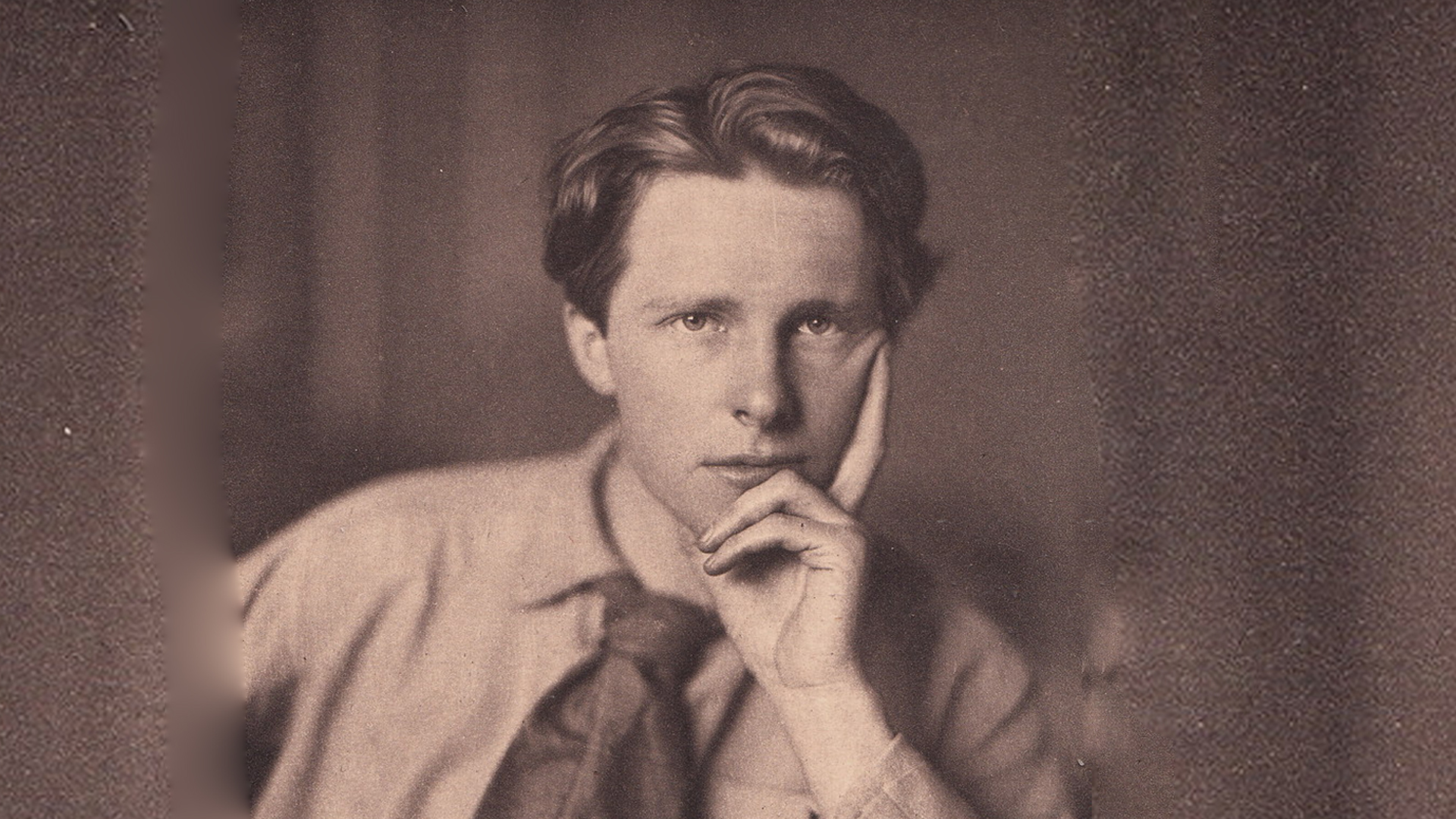Rupert Brooke Comments
Does anyone know the poem where Rupert Brooke writes about the things he remembers and loves/holds dear to consciously bring to mind when in the trenches, to make things feel better?
put it in plz dadput it in plz dadput it in plz dadput it in plz dadput it in plz dadput it in plz dadput it in plz dadput it in plz dadput it in plz dadput it in plz dadput it in plz dadput it in plz dadput it in plz dadput it in plz dadput it in plz dad
put it input it input it input it input it input it input it input it input it input it input it input it input it input it input it input it input it input it input it input it input it input it input it input it input it input it input it input it input it input it input it input it in hole daddy
daddy mc spank me daddy mc spank me daddy mc spank me daddy mc spank me daddy mc spank me daddy mc spank me daddy mc spank me daddy mc spank me daddy mc spank me daddy mc spank me daddy mc spank me daddy mc spank me daddy mc spank me daddy mc spank me daddy mc spank me daddy mc spank me
America has a depth that many English do not see. Rupert Brooke has spoken of my country, and, of his.
Please can anyone tell me the name of the poem with the line there stands the clock at 10 to 3
Rupert Brooke has just provided me with some appropriate words on the death of my 101 year old aunt who lived near Grantchester. Oh yet Stands the church clock at ten to three? And is there honey still for tea?
Rupert Brooke, Siegfried Sassoon, Wilfred Owen, W N Ewer, and many others. The Great War was not something easy to understand. Using phrases like Dulce et....., say a lot about a persons' view of the world. Its why service personnel sometimes get the nickname, Rupert?
Read Ante Aram, it is so beautiful, a blood tired soldier, unclean, read just the last 5 lines...I have remembered them for 40 years or so, in a Holy Space...
Like all poets, this guy is no exception, he writes to deep. People, especially Americans, will not understand what these deep poets write, they must be more shallow in order to convey to people today.;
I think it's obvious that Richard Scotte misread Ian Fraser's post, and that he actually agrees with him. He must have taken 'Rupert Brooke's poetry gained an undeserved reputation' out of context. Mr. Fraser didn't assert that Rupert Brooke's reputation for *poetry* is undeserved; he said that his reputation for 'jingoism and a simplistic view of war' was undeserved. After reading what's posted of '1914', I agree wholeheartedly. Brooke strikes me as a minor-league Wilfred Owen. If you want jingoism, try John McCrae's well-known 'In Flanders Fields', a poem that has made me want to barf since they force-fed it to me in elementary school. I don't understand how anyone can be 'patriotic' about such a stupid war as WWI.
I think 'undeserved ' is a slur - Rupert Brooke has his followers just as Shakepeare does and (dare `i say it) Bacon! - people, especially artists who reach a certain level of popularity through their own talent, wit and personality. They will always win public acclaim from somewhere. From what I've read he was only into war of necessity because it intruded into his life. Even if peer pressure led him to volunteer - or was it purely the youthful patriotism that assails our youth whenrever there is War in the air No, Brooke was mostly about Love - winning, loosing, enjoying and despairing. His poignancy comes to the fore 'I have peace to know your worth - now all is over.'.........and........'Who defiles the Love defiles the Lover - but what man lauds the thing he's thrown away.' He was able to express in words the thoughts of thousands of people who could not voice those thoughts for lack of words, even though they had experienced similar emotions themselves = his words assuaged them in their own lament! For many he epitomises the spiritual aspects of his poetry - See ' lines written in the belief.'........' and many others in which visions of the spirit world are dangled before our eyes in so tantalising manner......I could go on but you get my drift - just read him and enjoy.
Rupert Brooke's poetry gained an undeserved reputation after WWI for jingoism and a simplistic view of war. However, reading this and other poems it is clear that Brooke never glorified war as Tennyson had for, example, in the celebrated Charge of the Light Brigade, merely the heroism of those who fought in it. This poem is a simple elegy of loss and, notwithstanding the more famous, The Soldier, perhaps the best he wrote.
1914 the dead A great poem & an astounding memorian for the dead soldiers.

..there's some corner of a foreign field that is for ever England... That's how a feel living in Bavaria. Also born in Rugby, Railway Terrace, over a toys shop, overlooking the marketplace. Hello everybody